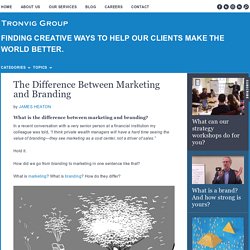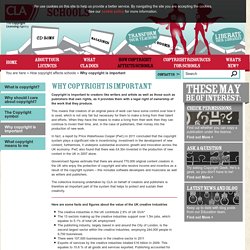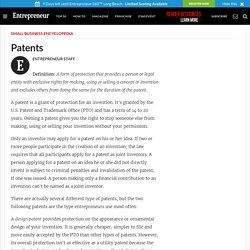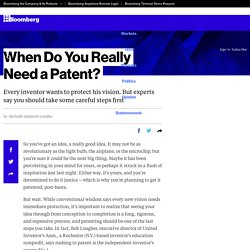

The Difference Between Marketing and Branding. By James Heaton What is the difference between marketing and branding?

In a recent conversation with a very senior person at a financial institution my colleague was told, “I think private wealth managers will have a hard time seeing the value of branding—they see marketing as a cost center, not a driver of sales.” Hold it. How did we go from branding to marketing in one sentence like that? What is marketing? There is a spectrum of opinions here, but in my view, marketing is actively promoting a product or service. This is not branding. Branding should both precede and underlie any marketing effort. A brand will help encourage someone to buy a product, and it directly supports whatever sales or marketing activities are in play, but the brand does not explicitly say “buy me.” Branding is strategic. Marketing may contribute to a brand, but the brand is bigger than any particular marketing effort.
The brand is ultimately what determines if you will become a loyal customer or not. Google. Why copyright is important. Copyright is important to creators like writers and artists as well as those such as publishers that own rights, as it provides them with a legal right of ownership of the work that they produce.

This means that creators of an original piece of work can have some control over how it is used, which is not only fair but necessary for them to make a living from their talent and efforts. When they have the means to make a living from their work then they can continue to invest their time, and, in the case of publishers, their money into the production of new work. In fact, a report by Price Waterhouse Cooper (PwC) in 2011 concluded that the copyright system plays a significant role in incentivising investment in the development of new content; furthermore, it underpins substantial economic growth and innovation across the UK economy. PwC also found that there was £4.3bn invested in the production of new content in the UK in 2007 alone.
Copyrights. Why you need to protect your Intellectual Property - The British Library. Patents - Small Business Encyclopedia. Definition: A form of protection that provides a person or legal entity with exclusive rights for making, using or selling a concept or invention and excludes others from doing the same for the duration of the patent .

A patent is a grant of protection for an invention. It's granted by the U.S. Patent and Trademark Office (PTO) and has a term of 14 to 20 years. Owning a patent gives you the right to stop someone else from making, using or selling your invention without your permission. Only an inventor may apply for a patent on his or her idea.
There are actually several different type of patents, but the two following patents are the type entrepreneurs use most often: A design patent provides protection on the appearance or ornamental design of your invention. To receive a design patent, your invention must pass these tests: It must have a new, original and ornamental design.The novel features of your design must not be obvious. Statutory-class test. When Do You Really Need a Patent? So you've got an idea, a really good idea.

It may not be as revolutionary as the light bulb, the airplane, or the microchip, but you're sure it could be the next big thing. Maybe it has been percolating in your mind for years, or perhaps it struck in a flash of inspiration just last night. Either way, it's yours, and you're determined to do it justice -- which is why you're planning to get it patented, post-haste. But wait. While conventional wisdom says every new vision needs immediate protection, it's important to realize that seeing your idea through from conception to completion is a long, rigorous, and expensive process, and patenting should be one of the last steps you take. "If you're consulting with somebody, and the first thing they say is, 'We should patent that right away,' my advice to you would be to run as fast as you can," he says. But be careful, and be willing to really listen.
"It's not an insignificant endeavor by any means," Swiatek says.